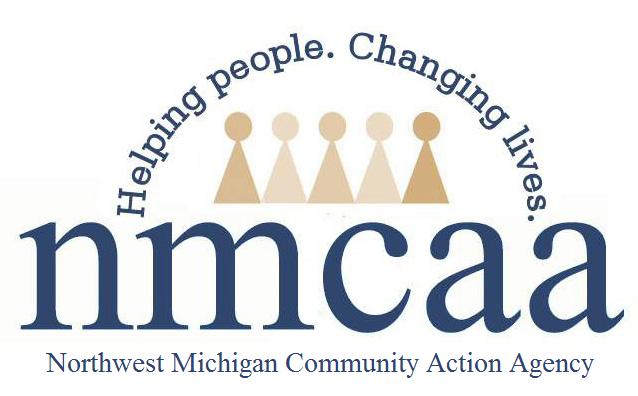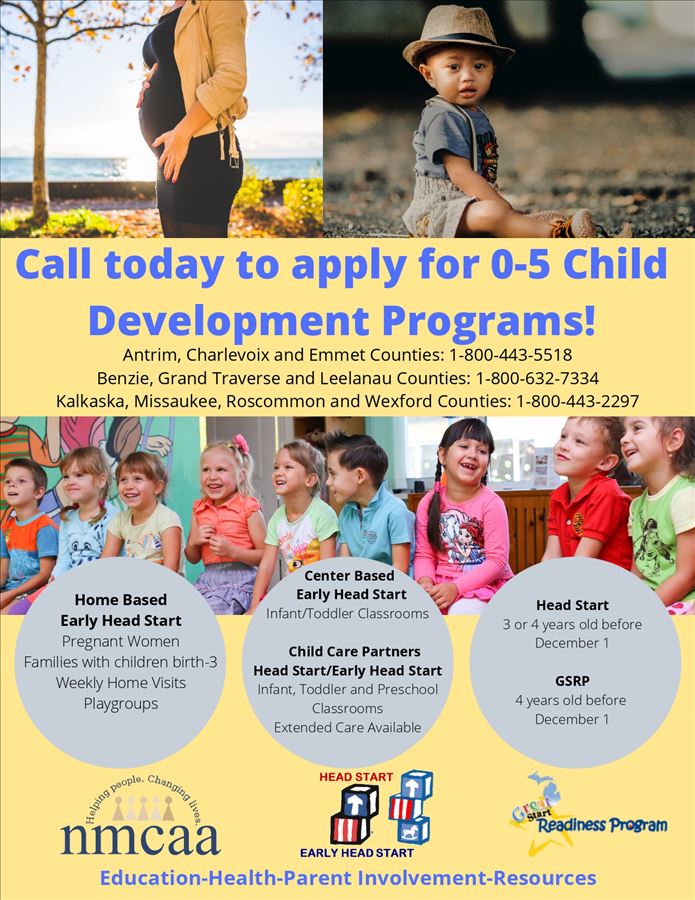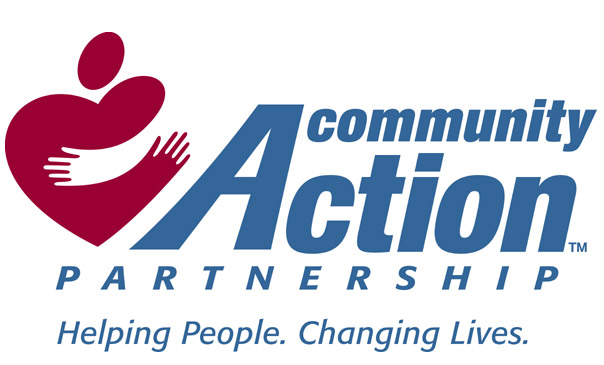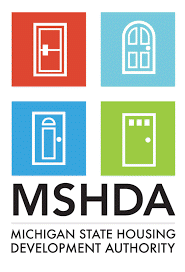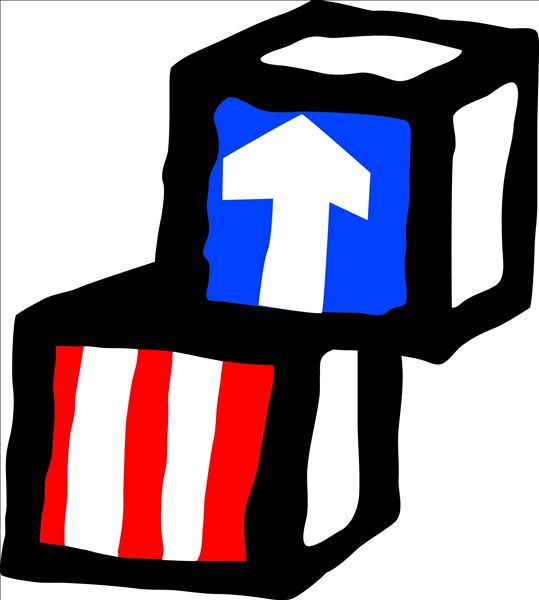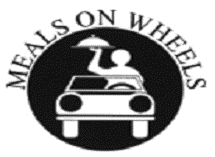Home Services Early Childhood Early Head Start
Early Head Start
The goal of the NMCAA Early Head Start program is a great start in life for all infants and toddlers!
You are your child's first teacher! We value your input and involve you in every part of the Early Head Start program. When you enroll in Early Head Start, you take an important step in providing the best for your child, whether you are a expectant parent or a parent of an infant of toddler. Early Head Start comes alongside families and walks with them on their parenting journey. The NMCAA Early Head Start home based program is a year round home visiting program, with opportunities for families to attend socialization experiences in their communities. The Early Head Start program serves 235 children in a home based setting and 28 children in a center based child care program (Child Care Contractor). As children turn three, they are assisted in transitioning into a 3-5 year old program.
Enrolled Early Head Start Home Based families receive:
- Home visits from a certified Parents as Teachers educator
- Access to education and community resources
- Opportunities with infant and toddler play groups and parent groups
- Transportation is NOT provided
Home visits consist of:
- Observations and interaction with your child
- Developmental information and activities designed for you and your baby
- Practical tips for family development
- Family support services
- Opportunities to ask questions and discuss your concerns
- Health information and activities
- 46 contacts per year
Families with children of all abilities are encouraged to apply.
NMCAA EARLY CHILDHOOD PROGRAM ANNUAL NOTICE (HSPPS 1303.22)
Disclosure with Parental Consent
1. Personally Identifiable Information (PII) may be released with written parental consent. a. PII is any information that could identify a specific individual, including but not limited to a child’s name, name of a child’s family member, street address of the child, social security number, or other information that is linked or linkable to the child.
2. Parents have the right to refuse the release of Personally Identifiable Information.
Disclosure without Parental Consent
1. Personally Identifiable Information may be released WITHOUT parental consent to
a. Consultants acting in the role of an employee of the program,
b. Federal or State officials in connection with an audit or evaluation of education or child development programs,
c. Federal or State officials in connection with a study of child and family outcomes, including improving the quality of programs,
d. Appropriate parties in order to address a disaster, health or safety emergency or a serious health and safety risk such as a serious food allergy, if the program determines that disclosing the PII from child records is necessary to protect the health or safety of children or other persons,
e. Comply with a judicial order or lawfully issued subpoena, provided the program makes a reasonable effort to notify the parent about all such subpoenas and court orders, unless:
i. A court has ordered that neither the subpoena, its contents, nor the information provided in response be disclosed;
ii. The disclosure is in compliance with an ex parte court order obtained by the United States Attorney General (or designee not lower than an Assistant Attorney General) concerning investigations or prosecutions of an offense listed in 18 U.S.C. 2332b(g)(5)(B) or an act of domestic or international terrorism as defined in 18 U.S.
iii. A parent is a party to a court proceeding directly involving child abuse and neglect (asdefined in section 3 of the Child Abuse Prevention and Treatment Act (42 U.S.C. 5101)) or dependency matters, and the order is issued in the context of that proceeding, additional notice to the parent by the program is not required; or,
iv. A program initiates legal action against a parent or a parent initiates legal action against a program, then a program may disclose to the court, also without a court order or subpoena, the child records relevant for the program to act as plaintiff or defendant.
f.The Secretary of Agriculture or an authorized representative from the Food and Nutrition Service to conduct program monitoring, evaluations, and performance measurements for the Child and Adult Care Food Program;
g. A caseworker or other representative from a state, local, or tribal child welfare agency, who has the right to access a case plan for a child who is in foster care placement, when such agency is legally responsible for the child's care and protection, under state or tribal law, if the agency agrees in writing to protect PII, to use information from the child’s case plan for specific purposes intended of addressing the child's needs, and to destroy information that is no longer needed for those purposes; and,
h. Appropriate parties in order to address suspected or known child maltreatment and is consistent with applicable federal, state, local, and tribal laws on reporting child abuse and neglect.
